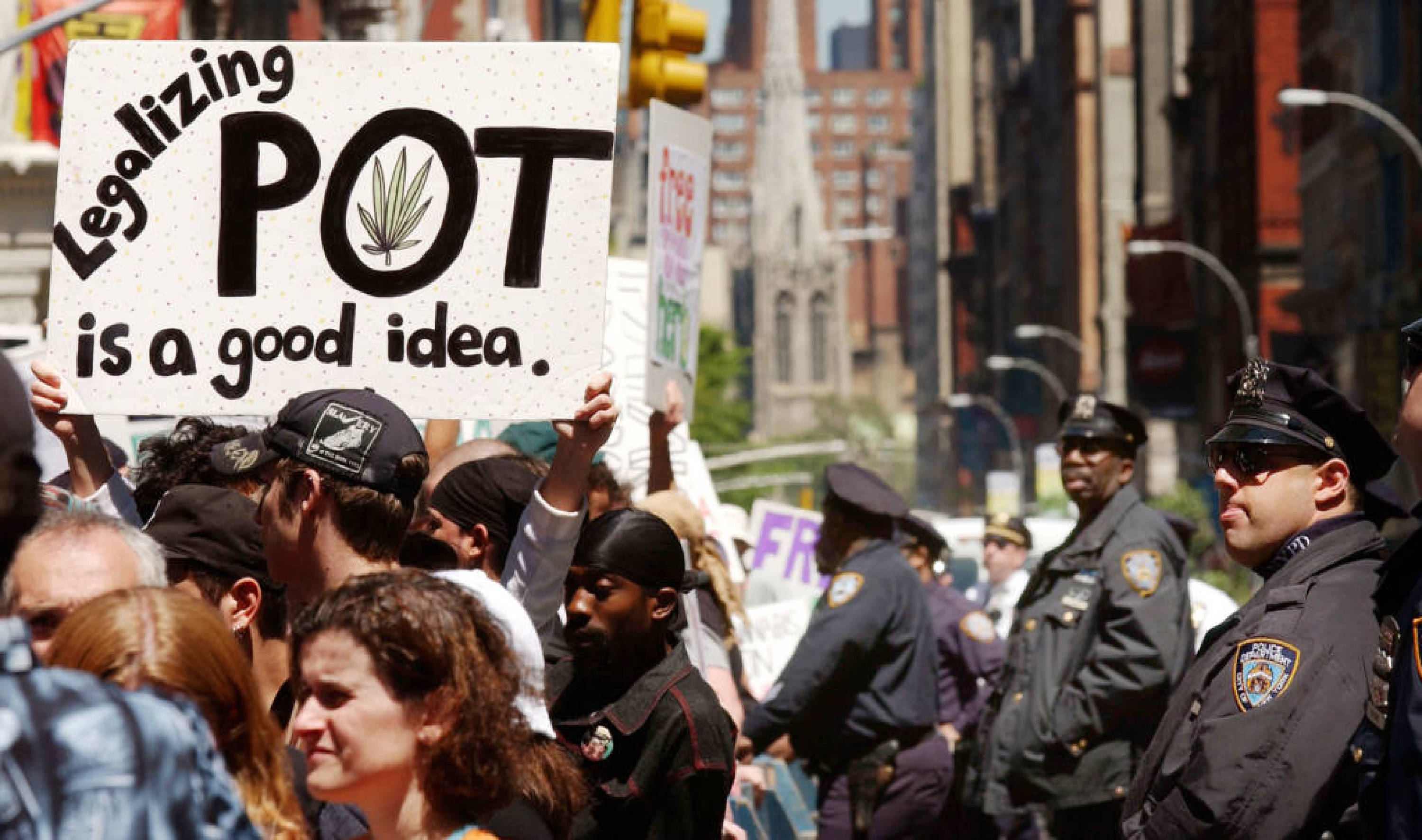The legalization of marijuana in the United States has been an extremely controversial topic, creating a massive divide on opposite ends of the legalization spectrum. Citizens are becoming far more active in their push for legalization, while President Donald Trump just appointed Congressman Jeff Sessions to Attorney General, a man who has been outspoken in his opposition to marijuana legalization. During former president Barack Obama’s first term, he implemented a federal policy that cracked down on medicinal marijuana, exceeding 100 medicinal marijuana dispensary raids within his first 3 years. During the president’s second term, however, he and his cabinet drastically loosened their policy regarding marijuana. Obama even went as far to say, “I don’t think it (marijuana) is more dangerous than alcohol”. Currently, 8 states and the District of Columbia have now legalized the use of recreational marijuana, while a total of 29 states and D.C. have legalized medical marijuana in some form. In June 2016, the Portland Police Department sent one tweet that encapsulates how far marijuana policy has come in the United States in the past decade. The tweet warned citizens about the possibility of being robbed by street drug dealers, and advised them to go to a legitimate dispensary instead. While most likely a joke, the tweet had some truth, as the sale of marijuana is something that is now legal in Oregon. So before the federal government addresses the overwhelmingly difficult question of how they should go about legalizing marijuana, another question must be addressed; why?
There are a number of questions that surround the legalization of marijuana. Is it a matter that should be left to state legislatures, or something that should be dealt with on a federal level? If it were to be dealt with on a federal level, is it something that should be heavily regulated? How much should marijuana be taxed if it were to be legalized? These questions make legalization a very difficult discussion and have created a very complex debate. *pullquote* Among the 57% of American voters who believe marijuana should be legal, there have been a number of different reasons cited as to why *pullquote*.
In 2015, Texas signed the Compassionate Use Act into law, allowing for the use of medical marijuana for patients with debilitating medical conditions. Originating from the state of California in 1996, the CUA was a massive development for pro-marijuana activists, as it was the first time that a state legislature voted against federal policy on marijuana. In a way, this legislation is an indication of a trend in the United States. Many states, such as Colorado, began their road to recreational legalization by first legalizing medical marijuana. Medical marijuana has served as somewhat of a steamroller for legalization, paving the way for looser marijuana policies.
Medicinal use, however, is not the only argument for the legalization of marijuana. Marijuana remains under the Schedule I section of the DEA’s drug scheduling list, along with heroin and LSD. The DEA defines Schedule 1 drugs as drugs with no current accepted medical uses, and the consequences of being caught by the DEA with a Schedule I drug could be up to 5 years of jail time, along with as much as a $250,000 fine. The implications of reducing marijuana to a Schedule II drug would include possible prescription capabilities, as Schedule II drugs include Adderall and Ritalin.
Maria Benton: The Social Implications of Marijuana Legalization |
Connor Gaudette: Marijuana Should be Rescheduled, not Legalized |
Andrew Tovsky: The Health Benefits of Marijuana Legalization |
Davis McGuirt: Economic Benefits Associated with the Sale of Marijuana |
Hunter Stephenson: Federal vs. State Legalization |
Federal Legalization of Marijuana: Additional Resources |
